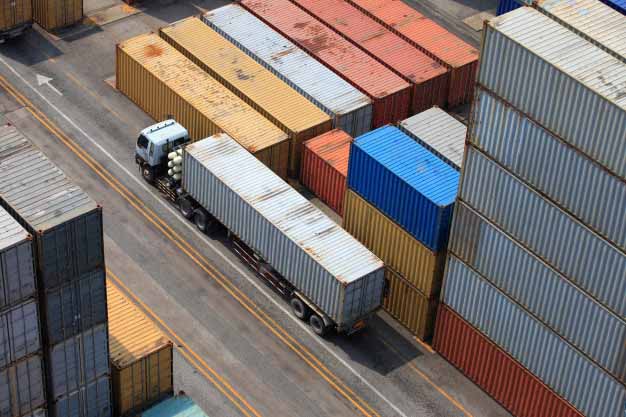Tiago Aparecido da Silva
Lawyer at Marcos Martins Advogados
ICMS-import taxpayers received important news in May 2020, when the Federal Supreme Court published its decision(ARE 665.134/MG)in which, in theory, it established the understanding of where this tax should be paid.
The decision stated the following:
“The active subject of the ICMS tax obligation levied on imported goods is the Member State in which the legal recipient of the transaction that gave rise to the movement of the goods, with the transfer of ownership, is domiciled or established.”
Thus, with regard to ICMS-import, the following was established:
a) when importing on own account, the economic recipient coincides with the legal recipient, since the importer uses the goods in its production chain;
b) when importing on behalf of a third party, the legal consignee is the person who actually causes the import operation, i.e. the party contracting to provide a service consisting of customs clearance of the goods, in their own name, by the contracted importer;
c) in custom imports, the legal addressee is the importingcompany(trading company), since it is the company that incurs the ICMS taxable event with the aim of subsequent resale, even if by prior arrangement, after the internalization process.
There is no doubt that the Supreme Court sought to exhaust the subject, covering as many operations as possible for the case analyzed, but even with the supposed fixation of the issue, some points are still open.
For a better understanding, it is necessary to look at the facts of the case heard by the Supreme Court.
The purpose of the action was to recognize that ICMS-import would be due to the state of São Paulo, where the importer of the goods was located, since the purpose of the shipment of the goods to the establishment located in Minas Gerais (branch) was only to industrialize them to order, and it was certain that they would be returned to the São Paulo establishment for sale.
Until it reached the STF, the prevailing view in the lower courts was that ICMS-import would be due to the state of Minas Gerais, since the imported goods did not physically enter the establishment located in São Paulo, but were sent directly to the Minas Gerais establishment, in addition to being destined for industrialization that would take place at the Minas Gerais branch.
In the STF, when considering this issue, the rapporteur considered that
[…] the only interpretation that is unacceptable is that of an overwhelming literality, that is, to understand that the place of the operation or provision, for the purposes of collecting the tax and defining the establishment responsible for the tax, is only and necessarily that of the physical entry of the imported goods. This is because the legal-constitutional order also allows for the hypothesis of symbolic entry of imported goods, as long as there is effectively an international legal transaction.
In addition, the ruling itself stated that “the destination of the imported goods as raw materials for the production of crop protection products in no way interferes with the determination of the taxable person, because it is not appropriate to confuse the economic recipient with the legal recipient”.
However, in that same ruling, the Rapporteur considered, contrary to the text of the judgment, that the destination of the imported goods as raw materials for the production of pesticides is a defining element in establishing the active subject of the tax obligation, since the legal transaction in question is based on industrialization taking place in the state of Minas Gerais, which is why the ICMS-import would be owned by it.
Of course, there are still many doubts as to which state is the holder of the ICMS-import tax, because at the same time as the STF considers the destination of the imported goods as raw materials to be irrelevant, since it is not possible to confuse the economic recipient with the legal recipient, it has also stated that the destination of the imported goods as raw materials is a defining element in determining who is liable to pay this tax.
We are therefore awaiting judgment of the appeals filed by both the company concerned and the state of Minas Gerais, which are seeking clarification on the points that have yet to be defined, so that a uniform position can then be reached on the issue, bringing the legal certainty that is so much sought after.








